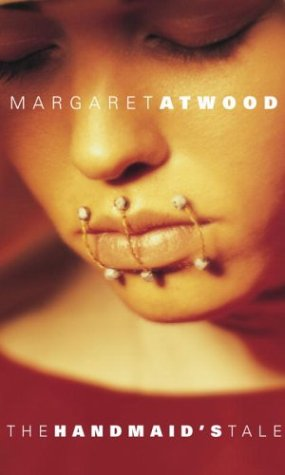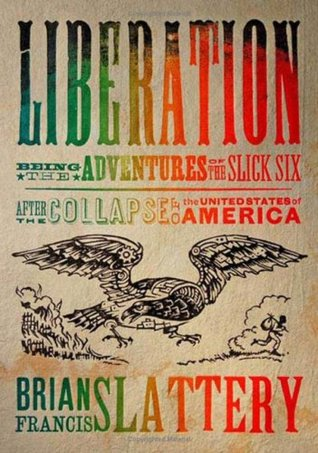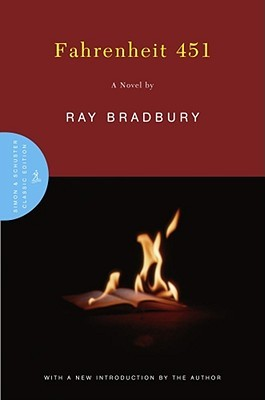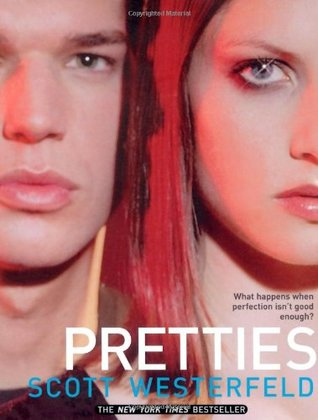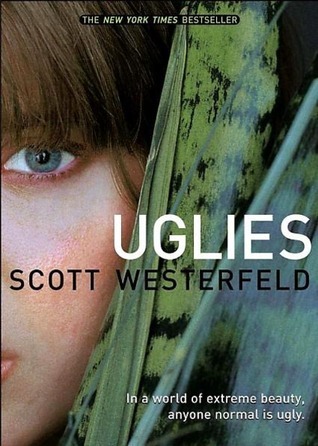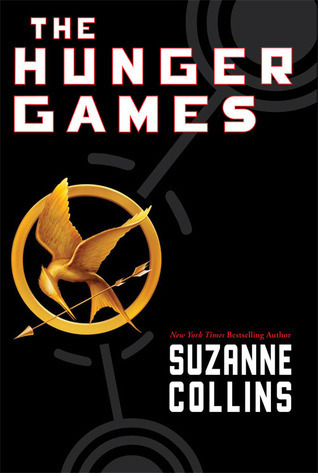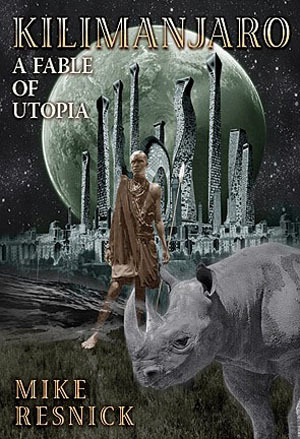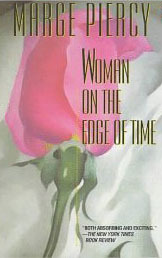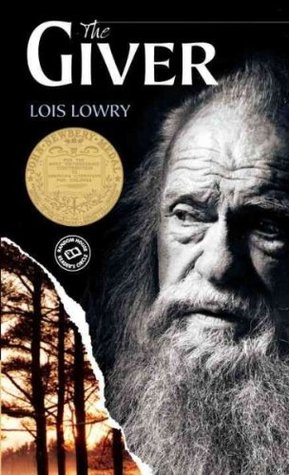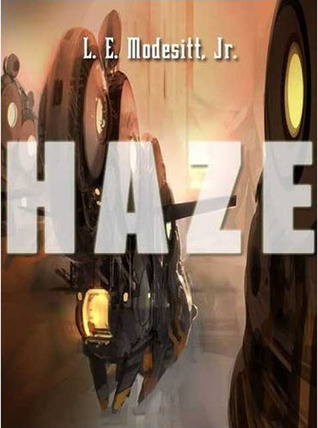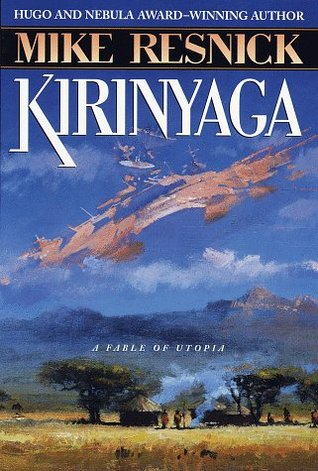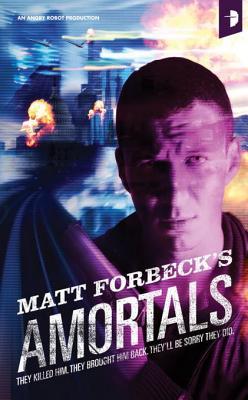
Whole brain emulation and mind uploading are science-fiction concepts that I love, because they raise really complicated questions related to philosophy of mind, a particular field in philosophy that I find very fascinating. Moreover, it’s scary how close we might be to achieving these in real life. Some critics have made very compelling cases for why this isn’t possible—but no one has been able to prove it, one way or another. Where scientists cannot yet…


